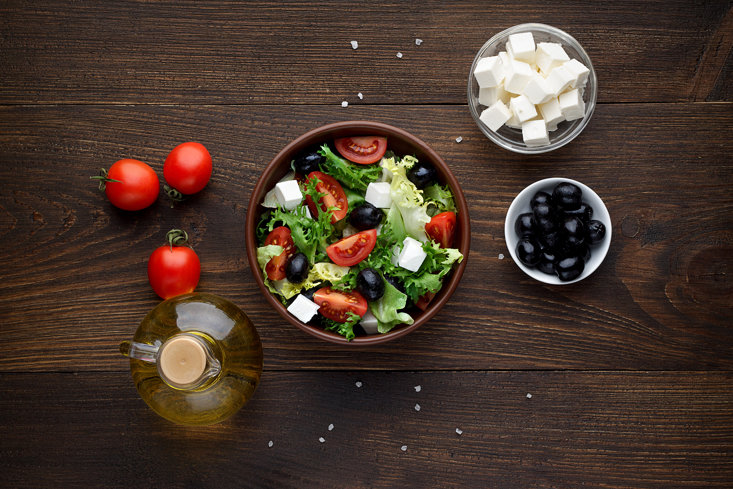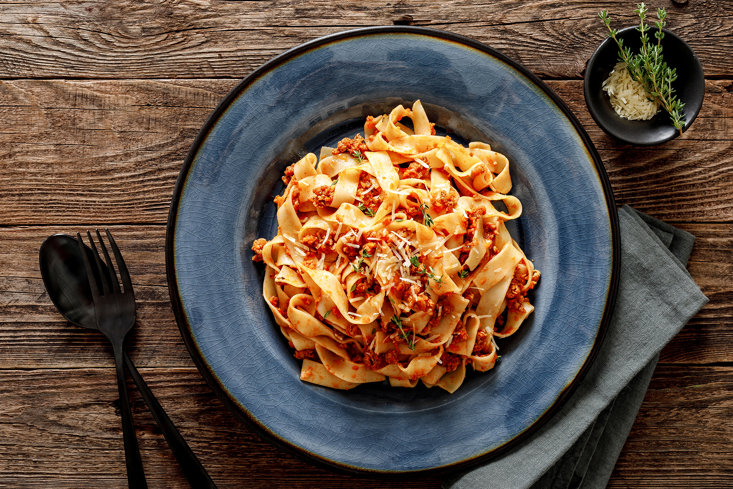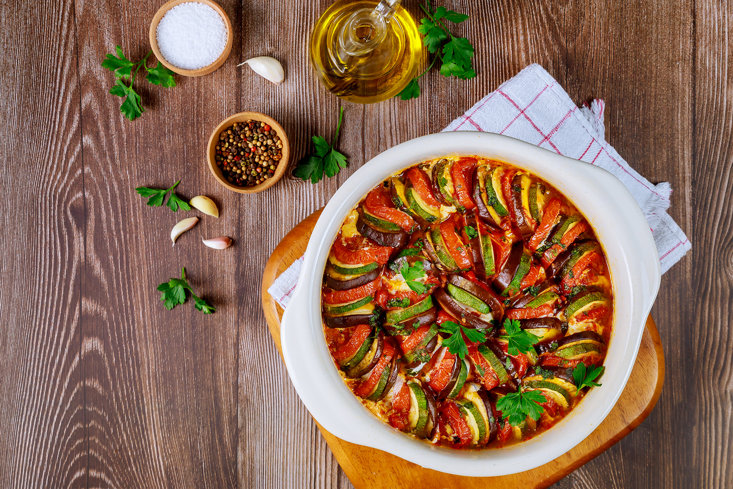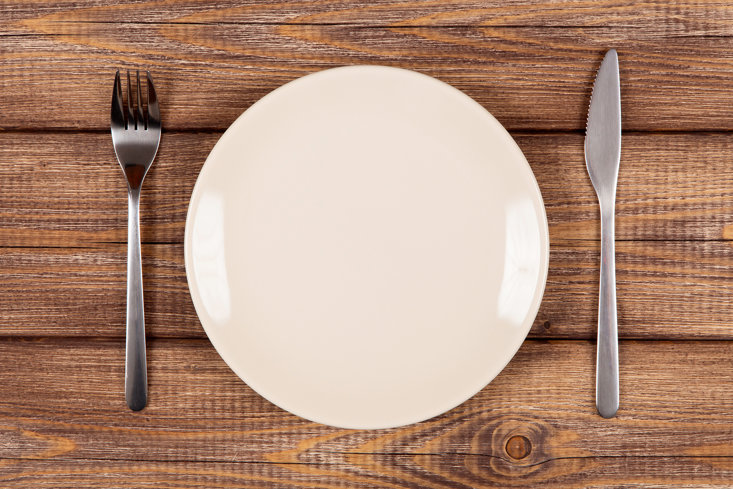The New Year’s festivities have been and gone, and Christmas is a distant memory, at least until we look at our waistlines. That’s why we all start pounding the streets at this time of year, or dusting off the dumbbells, but what about the food? If we’re not letting the cold put us off going for a run, why let the lockdown malaise stop us eating healthily too?
There are plenty of diet plans that can help to keep us feeling fit, and here are just five to get you thinking...
Meditteranean

The Meditteranean diet has been around since the 1960s, inspired by the healthy eating habits of the Spanish, Greeks and Italians. It relies on lots of fresh fruit and vegetables, plenty of seafood (at least two portions a week), starchy foods, and limited meat, especially red meat. Using dairy alternatives is also recommended, as is removing food or drink high in salt, sugar and fat.
A simple plan to follow, it means you get to keep your carbs and could leave you feeling healthier too.
5/2

Does five days a week of eating anything you want sound like your kind of healthy diet? If so, you may be interested in the 5/2 plan. The clue, really, is in the name, since you eat as normal for five days of the week… pasta, chocolate cake, whatever you fancy.
But for two days (we recommend not doing these two days on the weekend), you limit your calorie intake to a quarter of its normal levels. That is 500 for women and 600 for men. If you keep it healthy, this can lead to a healthier heart, improved brain function and improved cholesterol levels. Sounds doable, right?
Veganism

Veganuary is here and it isn’t too late to get started. Veganism involves removing all animal products from your diet including meat, eggs and dairy, and although it may seem difficult at first there are a whole load of health benefits.
The basics of being vegan mean that you can eat until you are full, but because you are eating less fat and more fibre, you should lose weight. Celebs such as Lewis Hamilton and Nate Diaz swear by it and even report that it leaves them feeling more energetic. There can surely be no greater endorsement than Lewis telling you it works.
Low Carb

The science behind low carbohydrate diets is that your body, instead of using carbs for energy (pasta, rice, bread, etc), it burns through fat. This is very effective for those who are dangerously obese as it can help reduce critical fat around your key organs. However, it can produce side effects such as serious headaches and fatigue and if you want energy to work out, this may not be the right option.
Intermittent Fasting

How about fasting? First recorded in the 5th Century, this historic technique is still widely practised around the world and can be used for weight loss. Some popular methods of intermittent fasting including the 16/8, where you eat for just eight hours a day, cutting out snacking and the eat-stop-eat method. It also involves going 24 hours without food intake once per week.
Of course, there is no quick fix. Healthy eating and regular exercise is a sure-fire way to be healthy and you should only pick something you think is achievable.